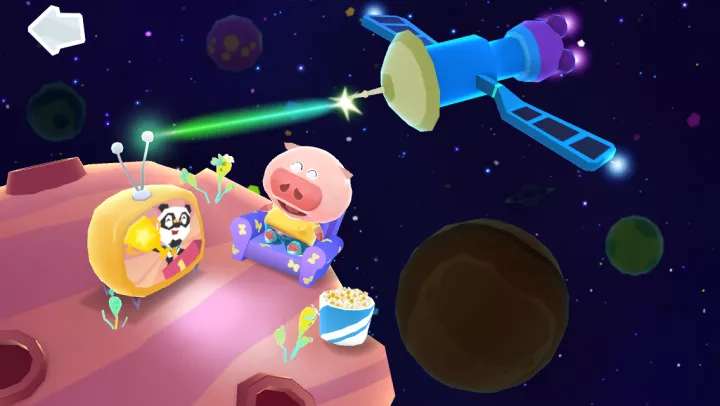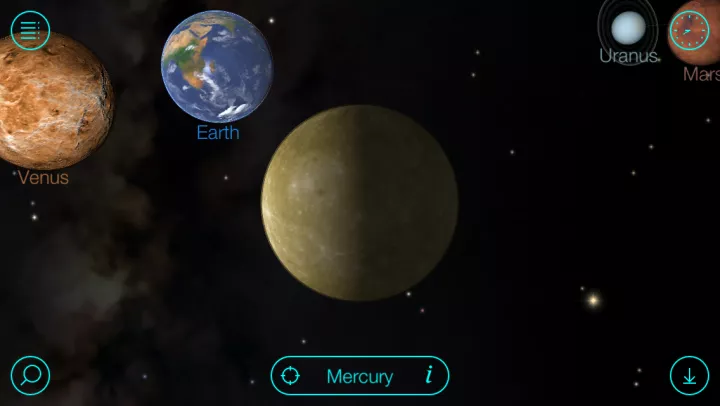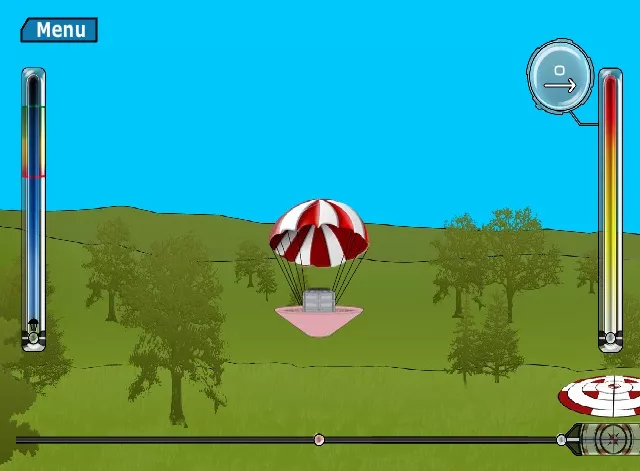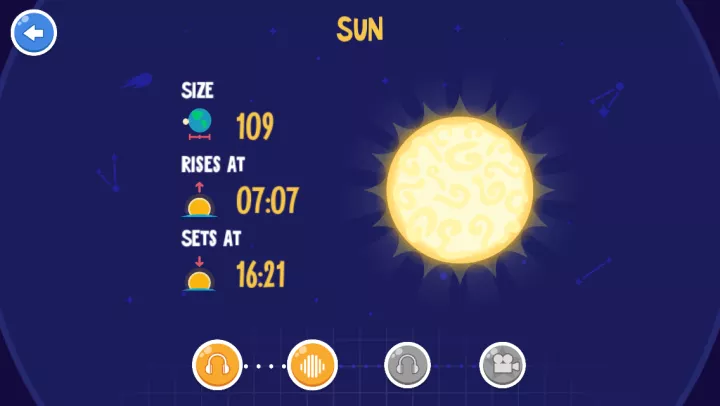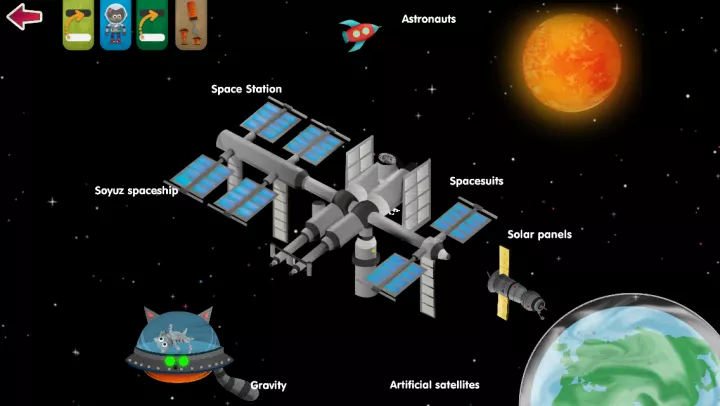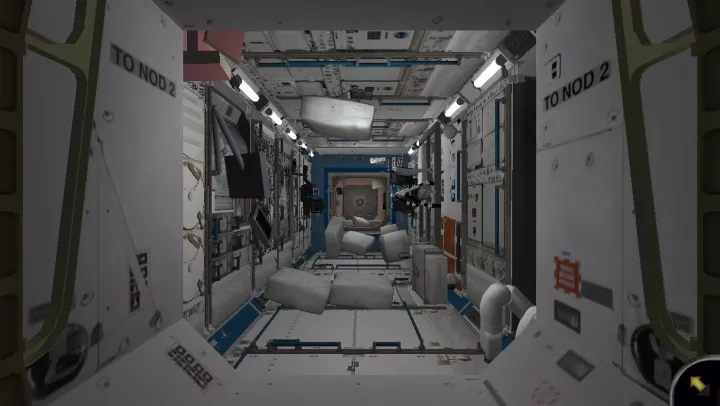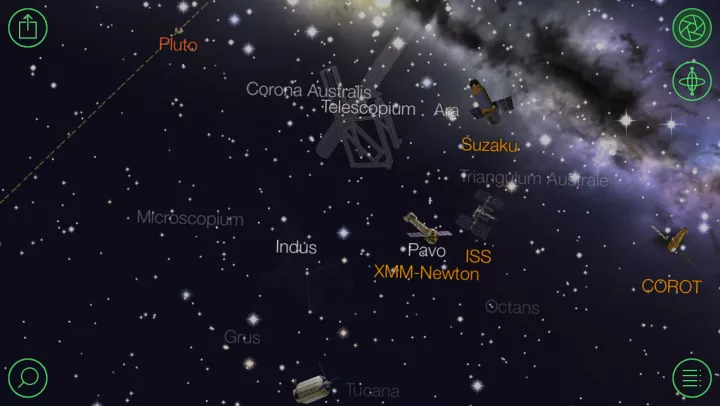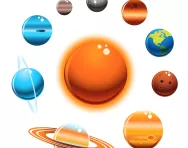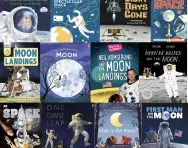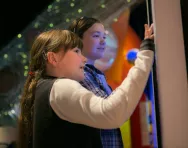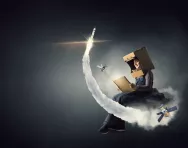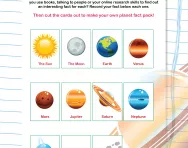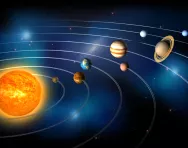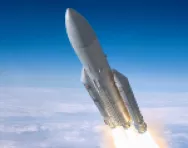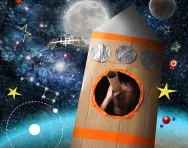Important update from TheSchoolRun
For the past 13 years, TheSchoolRun has been run by a small team of mums working from home, dedicated to providing quality educational resources to primary school parents. Unfortunately, rising supplier costs and falling revenue have made it impossible for us to continue operating, and we’ve had to make the difficult decision to close. The good news: We’ve arranged for another educational provider to take over many of our resources. These will be hosted on a new portal, where the content will be updated and expanded to support your child’s learning.
What this means for subscribers:
- Your subscription is still active, and for now, you can keep using the website as normal — just log in with your usual details to access all our articles and resources*.
- In a few months, all resources will move to the new portal. You’ll continue to have access there until your subscription ends. We’ll send you full details nearer the time.
- As a thank you for your support, we’ll also be sending you 16 primary school eBooks (worth £108.84) to download and keep.
A few changes to be aware of:
- The Learning Journey weekly email has ended, but your child’s plan will still be updated on your dashboard each Monday. Just log in to see the recommended worksheets.
- The 11+ weekly emails have now ended. We sent you all the remaining emails in the series at the end of March — please check your inbox (and spam folder) if you haven’t seen them. You can also follow the full programme here: 11+ Learning Journey.
If you have any questions, please contact us at [email protected]. Thank you for being part of our journey it’s been a privilege to support your family’s learning.
*If you need to reset your password, it will still work as usual. Please check your spam folder if the reset email doesn’t appear in your inbox.
Best children’s apps about space
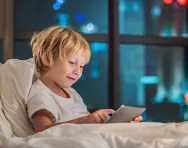
The apps reviewed are not produced or distributed by TheSchoolRun. All details were correct when we reviewed them, but please note that some apps can be very short-lived and may become unavailable to download. We are unable to guarantee that the app listings we provide are completely up-to-date at all times.
Best for pre-schoolers
Dr. Panda Space, £2.99, Apple and Android
Games developer Dr. Panda specialises in open-ended play for young children. Their space app will take your pre-schooler on a magical mystery tour around the universe, with lots of interactive features to stimulate their imagination.
Your child can customise their spaceship and then blast off, using their finger to drag it around and explore features of space such as planets, meteors and even black holes. Along the way, there are activities to get stuck into, such as repairing a satellite, helping Dr. Panda through a maze (which develops fine motor skills), and growing plants for aliens to eat.
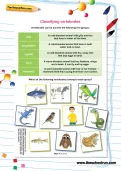
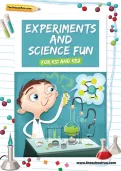
Download fantastic science resources today!
- Experiments And Science Fun pack
- Science Learning Programme for each school year
- All the instructions, questions and information you need
The app may not teach your child many concrete facts about space, but with its colourful illustrations and soothing music, it’ll appeal to young kids who already have an interest in the Great Beyond.
Best for KS1 kids
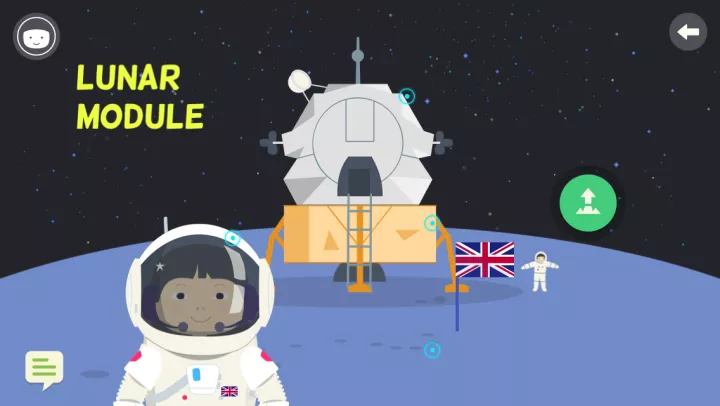
My Spacecraft – Rocket Science for Kids, £2.99, Apple
This beautifully illustrated interactive app is ideal for kids who dream of becoming astronauts, with 20 different sections letting them explore space travel, our solar system and the universe beyond
It’s packed with features that will appeal to young children, from dressing their chosen astronaut in a space suit to taking a picture of their favourite teddy to accompany them on their adventures. They can build a space station, launch and land a lunar module and even record their own instructions for their space mission: an introduction to computer coding.
The clear, child-friendly narration will help your child learn as they play and explore, while pop-up text introduces further facts and trivia, making them an expert in space science.
Best for KS2 kids
Solar Walk – Planets Explorer, £4.99, Apple and Android
This app may be on the pricey side, but it’s worth every penny, bringing the solar system to the palm of your child’s hand with sensational 3D graphics.
Your child can interact not only with planets, but also with satellites, moons, comets, stars and spacecraft. There’s detailed information about each item, including facts and figures, cut-away illustrations showing what lies beneath the surface, real images from observatories, and educational movies.
Your child can zoom in and out, make virtual flights from one planet to another, and even explore the planetarium using 3D glasses for a completely immersive experience. There are also additional mission packs to buy as optional extras, including animations of Curiosity, the Mars rover, and repairing the Hubble space telescope.
Best for budding space engineers
NASA HIAD, free, Apple
Enquiring minds who relish a challenge will have lots of educational fun with NASA HIAD, an app that puts them at the heart of space science and engineering.
A HIAD is an inflatable spacecraft that could one day be used to transport cargo and even people to and from other planets. This app challenges your child to get hands-on with some of the engineering puzzles that NASA’s scientists face, choosing the right shape and materials to build a HIAD and the right trajectory and thrust to survive atmospheric re-entry and a safe landing.
There are four separate missions for your child to tackle, each with a number of different stages clearly explained in plain English and stars to collect along the way as an incentive to persevere with building and landing the perfect spacecraft.
Best for fact-finders
Star Walk Kids: Astronomy Game, £2.99, Apple and Android
If your child loves space trivia, Star Walk Kids is well worth the investment. Their tablet or phone becomes a mobile observatory for them to explore by twisting, turning and tilting, discovering space objects like the sun, planets, stars, the Hubble telescope and more.
Each time your child finds an object, they can read key facts about it and listen to three short narrated clips. There’s also a 60-second animation for each that includes child-friendly facts relating to space science and astronomy (did you know it would take 10 years to walk to the moon?).
At the end of each mission, there’s a short quiz to test your child’s knowledge based on what they’ve learned so far. If they get the questions right, they move onto their next discovery mission.
Best for games-based learning
What’s In Space?, £2.99, Apple
This colourful app is packed full of learning opportunities covering the solar system, planets, constellations, spacecraft and more.
It’s divided into four sections: The sky, Solar system, Travel to space and Live in space. Each area has labelled pictures of relevant space objects. When your child clicks on them, it brings up a real-life image (such as a photo of the Milky Way taken by the Hubble space telescope) and narrated information about that object.
Once your child has explored each area, there are games to play, ranging from the purely entertaining (help the astronaut fix his spaceship) to the educational (correctly dragging constellations into the correct hemisphere), with stars to collect along the way.
Best for wannabe astronauts
Space Science Investigations: Plant Growth, free, Apple and Android
Developed by NASA, Space Science Investigations will appeal to your child if they’ve ever wondered what it would be like to be an astronaut.
As the newest member of the International Space Station (ISS crew), it’s their job to familiarise themselves with the station and help out with the plant growth experiment. They can fly and flip around the ISS in zero gravity, get mission instructions on their virtual tablet, and help astronaut Naomi with her plant growth experiment, answering questions like how do plants grow when there’s no gravity, and how do you water them in space?
Your child can collect mission patches for completing tasks and making discoveries. Can they grow enough plants to make a salad for the astronauts to eat?
Best for astronomy enthusiasts
Star Walk – Explore the Sky, 99p per month, Apple and Android
This is a lovely app to share with your child, helping you explore the night sky together.
By pointing your device at the sky, you’ll see stars, planets, satellites and constellations, all in the right position from your location. As you move the screen around, it updates the map in real time. With over 200,000 celestial bodies to learn about, just tap the ‘i' symbol next to an object to bring up information about it.
You can use the app to find out about the sky above you, or use the search function to help you locate a particular constellation, planet or spacecraft. There’s also a calendar of celestial events to help you and your child witness spectacles like comets and meteor showers.
Best for understanding astrophysics

SPACE by THIX, £2.99, Apple and Android
Astrophysics may sound a meaty subject for primary school kids, but SPACE by THIX will give your child an introduction to space science as they create their own universe.
Playing with the laws of nature, your child can create their own galaxy, adding planets, moons, stars, asteroids, comets, pulsars and black holes. All of the celestial bodies move and interact in accordance with Newtonian and astrophysics laws.
Tilting and moving the device lets your child see their galaxy from different angles, and zooming out allows them to see where it fits in with the galaxies created by other users.
